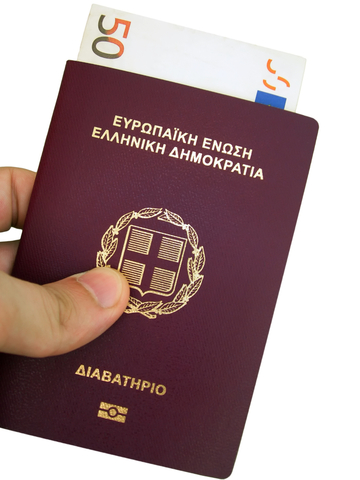 Over the last few years there have been a number of high-profile plane crashes which have been headline news around the world. Indeed many have attracted conspiracy theories which have led to significantly greater media exposure. While those with a fear of flying will read these reports with dread there is concern that media coverage is distorting the facts and leading to more instances of real concern over flying.
Over the last few years there have been a number of high-profile plane crashes which have been headline news around the world. Indeed many have attracted conspiracy theories which have led to significantly greater media exposure. While those with a fear of flying will read these reports with dread there is concern that media coverage is distorting the facts and leading to more instances of real concern over flying.
The facts speak for themselves
As we have come to learn from the subject of phobias, many of our concerns are linked to an irrational fear which looks very different in the cold light of day. It is easy to forget that flying is still one of the safest forms of travel and you’re more likely to be knocked over crossing the road or involved in a car crash. These are facts, real life and not the sensational attention grabbing media headlines which reverberate around the world.
Do the media have an obligation to the public?
While there are obviously some areas of the media who will peddle rumours and lies, the fact is that media outlets are responsible on the whole. However, to sensationalise tragedies does play into the mindset of potential phobia sufferers and can make an existing situation many times worse. In a perfect world it would be sensible to quote cold hard facts about tragedies such as plane crashes but when looking to grab the attention of readers this would play down the sensational headlines.
Quote from Phobia Support Forum: “Flying is a massive issue for me – definitely because of the enclosed spaces issue. It’s not like getting over any other type of travel anxiety where you can challenge yourself a little bit at a time (like taking a bus for a just a couple of stops initially) – when you get on a plane, it’s all or nothing. When the door’s closed and you take off you can’t ring a bell and ask to get dropped off lol.”
What we do need is more websites able to print facts and figures, strip away the sensational headlines and give the general public cold hard facts. This may not make any difference to some people but for those who continually read of tragedy and accidents, which can play into their way of thinking, it might bring them back to reality and the actual facts and figures behind the headlines.
Unfortunately accidents do happen
While any tragedy where there is loss of life is extremely sad the simple fact is that accidents do happen and this is a fact that we need to appreciate. There is a degree of risk in everything we do, although it is often minuscule, and incidents such as plane crashes are very rare although the sensational headlines tend to give a very different impression.
When there is one major tragedy the mass media tend to pick up on similar tragedies over a relatively short space of time giving the impression that they are commonplace. In many of these situations the number of tragedies and the frequency has never changed over the years, indeed they may have actually improved, but we are not given this impression. If you think back to the recent German plane crashes it is obvious that the press then picked up on any plane crash around the world, including many which would have normally gone uncovered by the mass media.
Conclusion
It is difficult to blame the mass media for feeding the phobia frenzy, especially issues such as a fear of flying, as they very often need to sensationalise news to grab readers in what is a very competitive marketplace. However, the general public also need to be aware of the facts and figures, which very often give a different impression of the actual situation. Irrational fear and irrational statements feed into the frenzy of phobias prevalent today which in itself is a tragedy.






